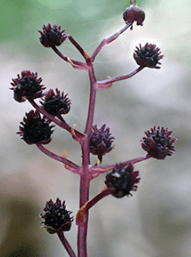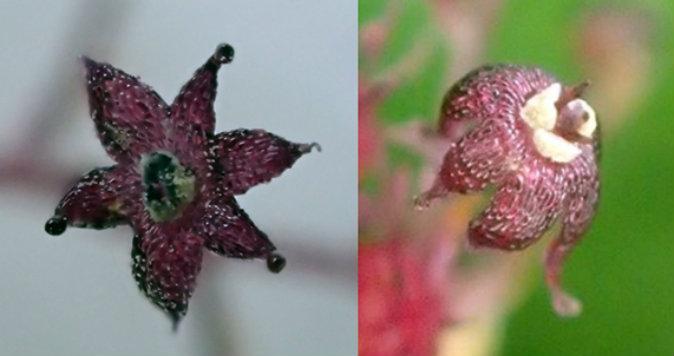A Japanese scientist has discovered a new parasitic plant species.
Suetsugu Kenji, an associate professor at the Kobe University Graduate School of Science, found the new species on the subtropical island of Yakushima.
Kenji collected a specimen while carrying out a survey of lowland laurel forests on the island and a later examination revealed that the species, named Sciaphila yakushimensis after its place of discovery, is parasitic.
The plant is related to the Sciaphila japonica of the Triuridaceae family, but was determined to be a different species due to several observations including how the parts above the ground are a dark purple.

Kobe University





